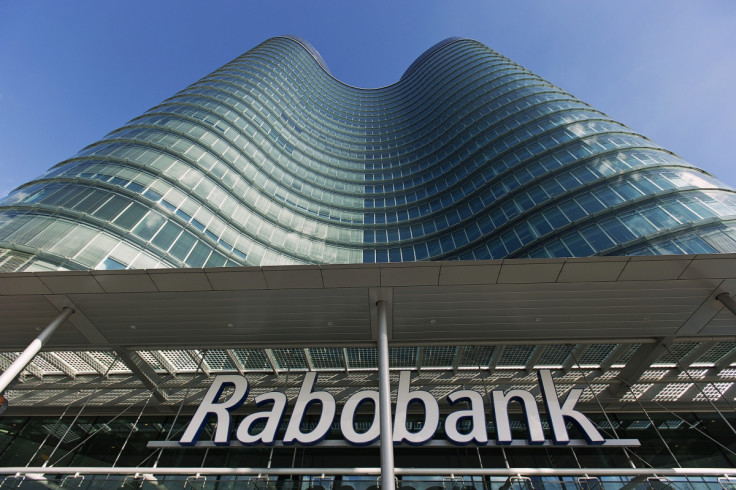Libor Fixing Scandal: ex-Rabobank Trader Takayuki Yagami Pleads Guilty in US Criminal Case

Former Rabobank trader, Takayuki Yagami, has pleaded guilty to one count of conspiring to commit wire fraud and bank fraud in relation to Yen Libor manipulation.
The ex-trader of the Dutch bank is the latest out of nine people that have been charged by the US' Department of Justice (DoJ) for Libor fixing related issues.
The plea was confirmed before the US District Judge Jed Rakoff in Manhattan.
"This was the ultimate inside job," said the head of the DoJ's criminal division, Leslie Caldwell.
"Traders illegally influenced the very interest rate on which their trades were based, using fraud to gain an unfair advantage."
Yagami's lawyer did not make a public statement following the plea.
In October last year, Rabobank's chief executive Piet Moerland quit earlier than expected after the Dutch lender was fined €774m (£645m, $1.1bn) by US and other British and European authorities for its role in the manipulation of the key interbank lending rate Libor.
Out of the total amount, the Dutch lender paid a €236m criminal fine to the DoJ and entered into a deferred prosecution agreement to resolve the charges.
The Dutch lender, a co-operative founded in the late 19th century as a farmers' bank, received a formal request from the Dutch Ministry of Security and Justice, for information linked to the ongoing probes into its possible involvement in the manipulation of Libor, in October 2012.
In January 2014, US authorities charged three other former Rabobank traders over allegations that they colluded to rig benchmark interbank lending rates over a five year period.
According to a complaint filed in Manhattan federal court, Britain's Paul Robson, Australia's Paul Thompson and Japan's Tetsuya Motomura were charged with conspiracy to commit wire fraud and bank fraud, as well as two counts of wire fraud.
What is Libor?
Libor valuations directly influence the value of trillions of dollars of financial deals between banks and other institutions.
The benchmark reference rates are used in euro, US dollar and British sterling over-the-counter interest rate derivatives contracts and exchange-traded interest rate contracts.
© Copyright IBTimes 2025. All rights reserved.




















